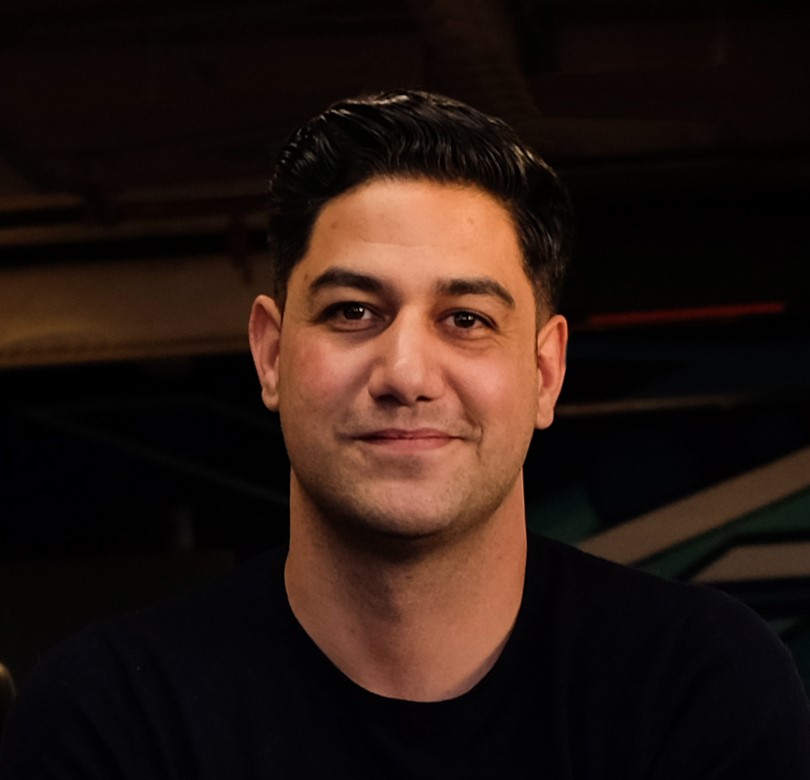This article is part of a sponsored series by AgentSync.
The insurance industry’s “talent crisis” has received no lack of coverage in recent years. The mass retirement of a generation that makes up a significant portion of the industry continues to be newsworthy. According to a 2016 study by the Society for Human Resource Management, 29 percent of the workforce in the financial, insurance, and real estate sector (which are grouped for the purposes of labor statistics) are age 55 and over.
At the same time as a large portion of the existing industry workforce (an estimated 400,000 people) is quickly on its way to retirement, studies have shown the younger generation doesn’t view insurance as an attractive career prospect. Only 4 percent of millennials have expressed interest in a career in insurance!
This creates a double-sided challenge for insurance carriers, independent agencies, and the dozens of support functions that exist across the entire insurance industry. Thanks to the long-term stability of the insurance industry as a whole, and its continued steady growth over the last 60 years, there are plenty of jobs to be had. The problem is, as the baby boomer generation heads toward retirement en masse, the industry is failing to attract the younger talent needed to replace their departure.
Why this is, and what can be done about it, has been a constant topic of discussion here at AgentSync as well as across the entire industry. How is such a stable and lucrative career not appealing to a younger generation? What can the industry do to change the course and avoid an even greater talent shortage than it already has? We’ll try to cover the basics here.
Why the insurance industry is so great (especially for boomers)
“Insurance is about relationships” is a phrase you’ll hear a lot – it’s a truism in the industry for a reason. So, it should be no surprise that success in the industry favors those who’ve been around long enough to form significant relationships. Whether it’s relationships with long-term clients, the relationship between an independent agent and an insurance carrier, or any other connections formed over the course of time, these relationships are at the heart of what makes someone successful.
Consider these scenarios:
- A highly experienced producer who has excellent client relationships receives a constant stream of referral business from those clients.
- A long-tenured account manager who has close relationships with carriers and underwriters can advocate on behalf of their clients when there are questions over the handling of a claim.
- Within an insurance agency or carrier, employees who have been working together for years or even decades and have close working relationships will provide a better client experience to the end customer.
These are just a few examples of how the industry favors those with more experience, and thus stronger and deeper relationships.
These issues aren’t unique to the insurance industry. No matter your field or job function, you’ll be more successful if you have strong relationships with colleagues both inside and outside your organization. The big difference is, with the insurance industry, its lack of appeal to the younger generation means there hasn’t been a constant influx of new talent who are now several years into their careers and already working toward these types of long-term relationship benefits.
This leaves the industry in a strange position of potentially losing most of its longstanding talent without the gradual transfer of knowledge and building of relationships most industries benefit from over time.
Why the insurance industry isn’t so attractive (especially to millennials)
With its long-term stability, genuine sense of purpose, and other perks, why then is the insurance industry proving to be so unattractive to millennials? We’ve touched on this before, as well as some reasons younger people should keep trying to find their home in insurance.
One simple answer is that priorities between the two largest generations are vastly different. While boomers value salary, and benefits like retirement accounts and affordable healthcare, millennials are more motivated by intangible benefits like a sense of purpose, the ability to make a difference, the promise of career advancement, an amazing culture with diversity, and flexibility such as remote work or nontraditional hours.
The insurance industry is obviously quite well equipped to provide the type of benefits baby boomers are looking for, but less obvious are the things that entice millennials. The industry is also known for its lack of onboarding for new producers, often leaving them to sink or swim without much formal training. This presents a real problem for millennials, who report wanting mentorship and even valuing it higher than salary in some cases.
Speaking of mentorship, millennials want managers who inspire them and allow them freedom and creativity. Within many insurance agencies and carriers that go back a century or more, the culture can be more rigid and prescriptive – leaving less room for the individuality and creativity millennials bring to the workplace.
One more reason the younger generation isn’t flocking to the insurance industry may be simply their lack of knowledge and understanding of insurance in general. Millennials are waiting longer to buy houses, get married, and have children than previous generations, which means they are less likely to need many common insurance products that previous generations are deeply familiar with.
Whatever the reason, or combination of reasons, the insurance industry is facing a pivotal moment. If it doesn’t work to address these issues, the talent shortage will continue to worsen.
Bridging the generation gap
By now you can see there is a definite generation gap, both when it comes to the expectations and the experiences workers have within the insurance industry. So, what’s the answer? How can insurance carriers, agencies, MGAs, and MGUs avoid a costly and dangerous talent shortage as hundreds of thousands of tenured employees leave the industry for retirement?
The key to success will be threefold. It might sound obvious, but the industry needs to double down on efforts to improve its reputation among young people to bring them into the industry; work to improve the employee experience (including investing in modern technology) to retain younger talent; and actively recruit and retain experienced insurance professionals so that there is enough legacy knowledge to transfer to the next generation as they take over.
By working on culture, diversity and inclusion, onboarding practices, mentorship, and an overall reputation overhaul, the insurance industry can prove itself to be just as attractive to millenials as it has been to the previous generations.
Need help doing this work at your agency? AgentSync can help! Give time back to your experienced producers for mentorship while creating a smooth and easy onboarding experience for your tech-savvy new producers. Check out a demo to learn more.
Originally published at: https://agentsync.io/blog/individual-producers/attract-and-retain-top-producers-by-creating-an-exceptional-employee-experience
Was this article valuable?
Here are more articles you may enjoy.



 AIG, Chubb Can’t Use ‘Bump-Up’ Provision in D&O Policy to Avoid Coverage
AIG, Chubb Can’t Use ‘Bump-Up’ Provision in D&O Policy to Avoid Coverage  Married Insurance Brokers Indicted for Allegedly Running $750K Fraud Scheme
Married Insurance Brokers Indicted for Allegedly Running $750K Fraud Scheme  Former Ole Miss Standout Player Convicted in $194M Medicare, CHAMPVA Fraud
Former Ole Miss Standout Player Convicted in $194M Medicare, CHAMPVA Fraud  India’s GIFT City Attracts Lloyd’s and Other Global Reinsurers, Sources Say
India’s GIFT City Attracts Lloyd’s and Other Global Reinsurers, Sources Say 


